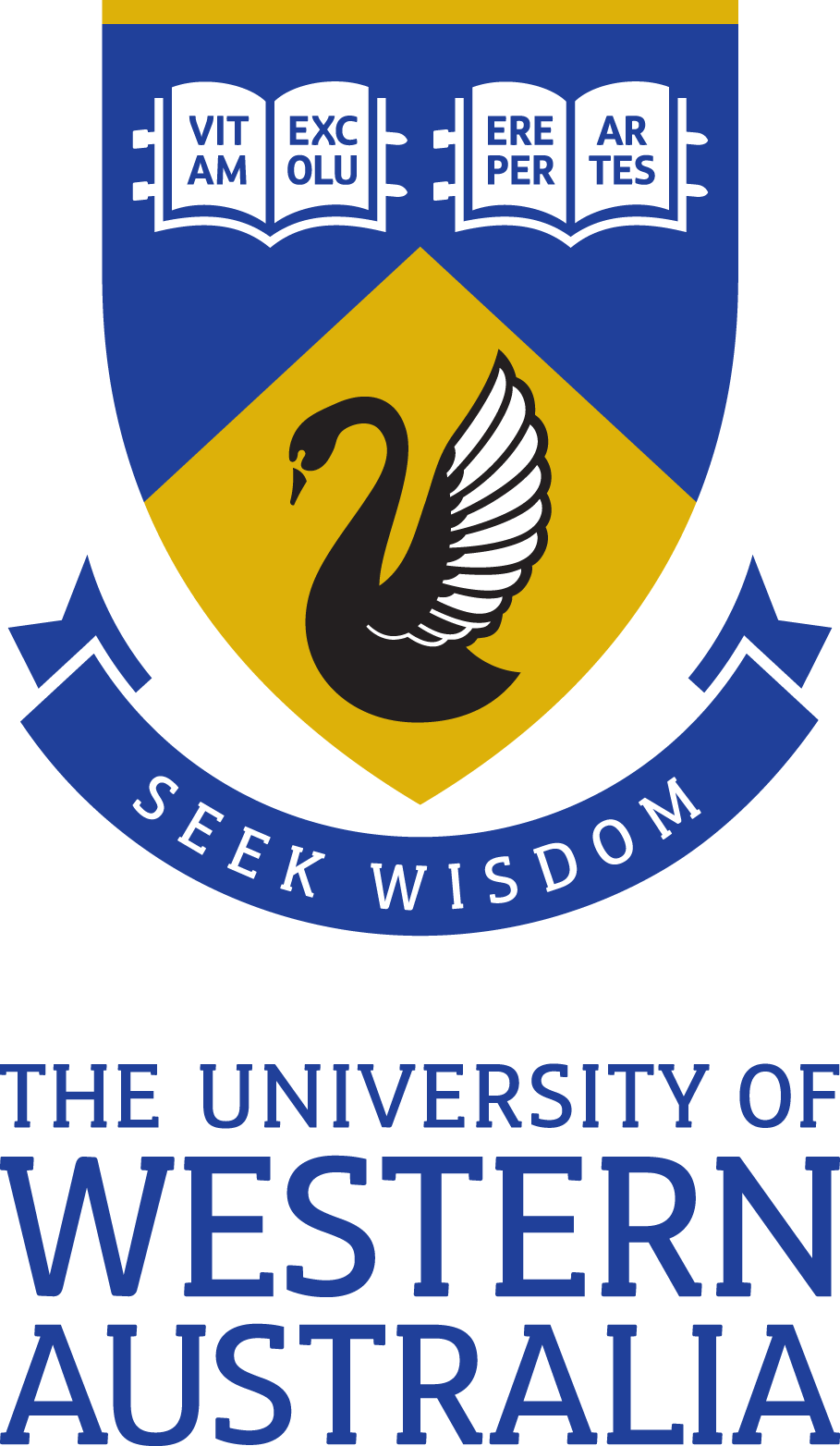Full description
When females mate with more than one male, competition between rival ejaculates is expected to favour adaptations that promote fertilization success. There is now compelling evidence that sperm competition selects for increased production and allocation of sperm. However, sperm come packaged in ejaculates that also contain protein rich seminal fluids. Predicting how males should allocate individual seminal fluid proteins in response to sperm competition is hampered by our limited knowledge of their precise function. We use gene expression studies and interference RNA to ask how seminal fluid proteins in the ejaculate of a cricket, Teleogryllus oceanicus, affect a male’s paternity share when in competition for fertilizations. We find that the relative expression of one seminal fluid gene, gagein, positively effects the paternity share of competing males, and that knockdown of this and two other seminal fluid protein genes renders males mating in the offensive role of sperm competition incapable of fathering living offspring. Despite having a negative effect on offspring viability these seminal fluid genes have been found to be up regulated in response to rival males, consistent with a role in promoting competitive fertilization success. Our data contribute to a growing body of evidence that, like sperm, seminal fluid gene expression is subject to post-mating sexual selection via sperm competition.Issued: 2023-07-27
User Contributed Tags
Login to tag this record with meaningful keywords to make it easier to discover
Identifiers
- DOI : 10.5061/DRYAD.2NGF1VHVC

- global : c06d87e1-ab58-4808-9a6c-d19552a3d527


